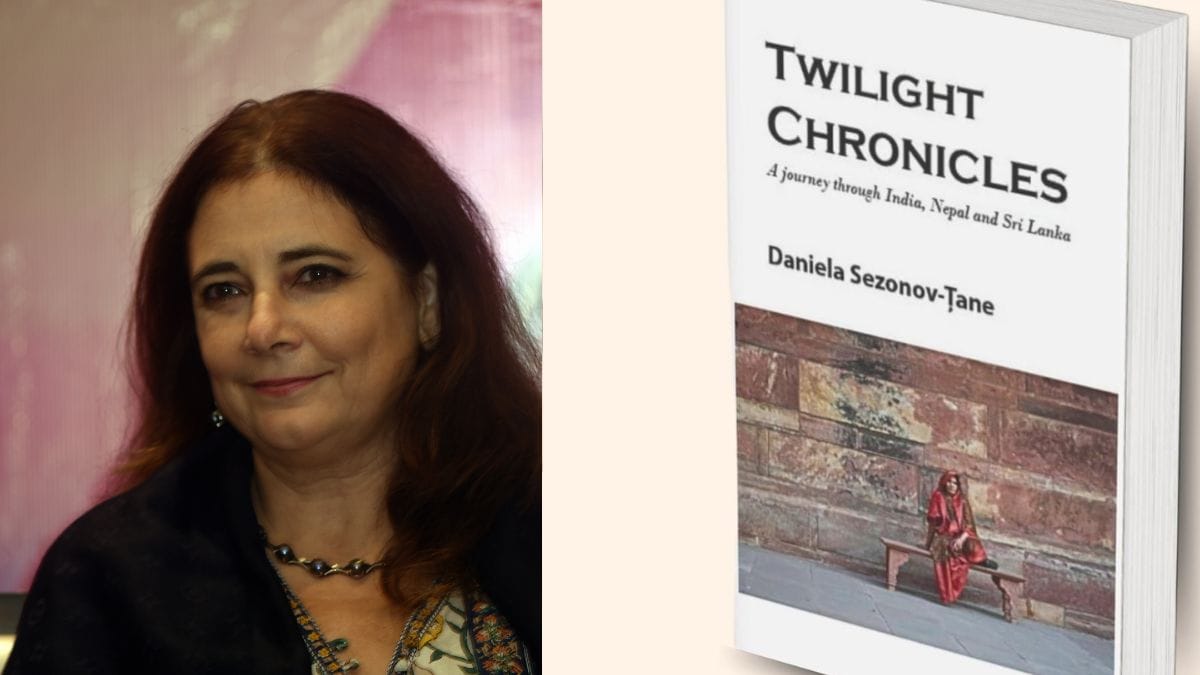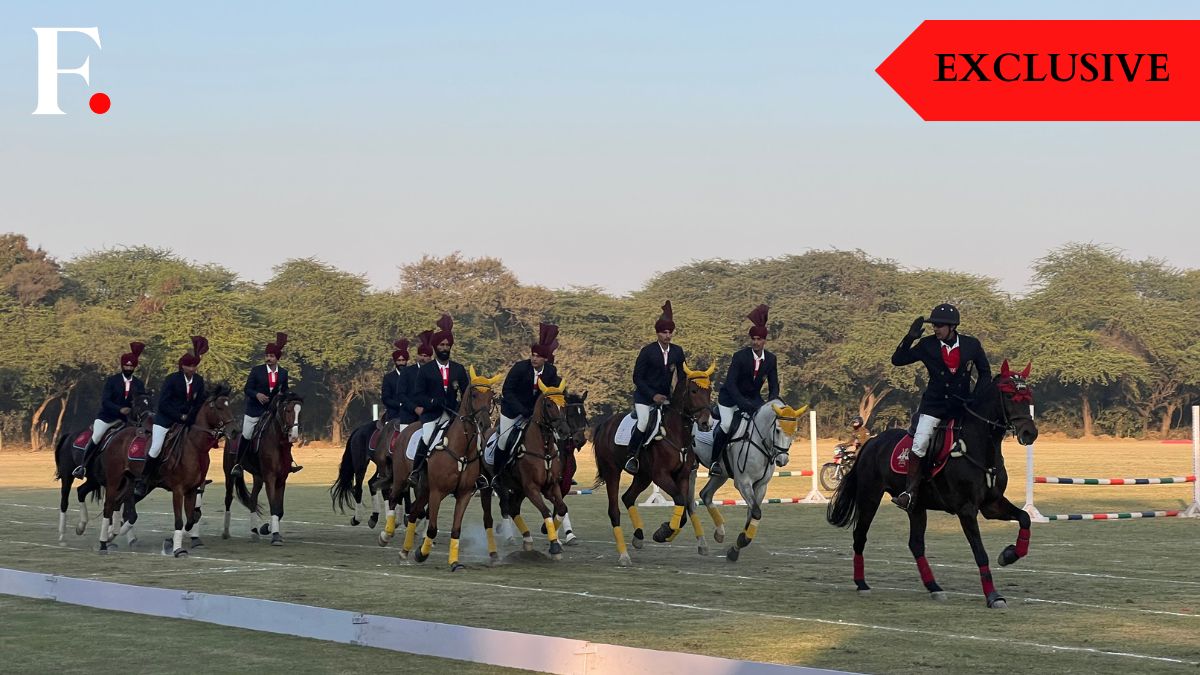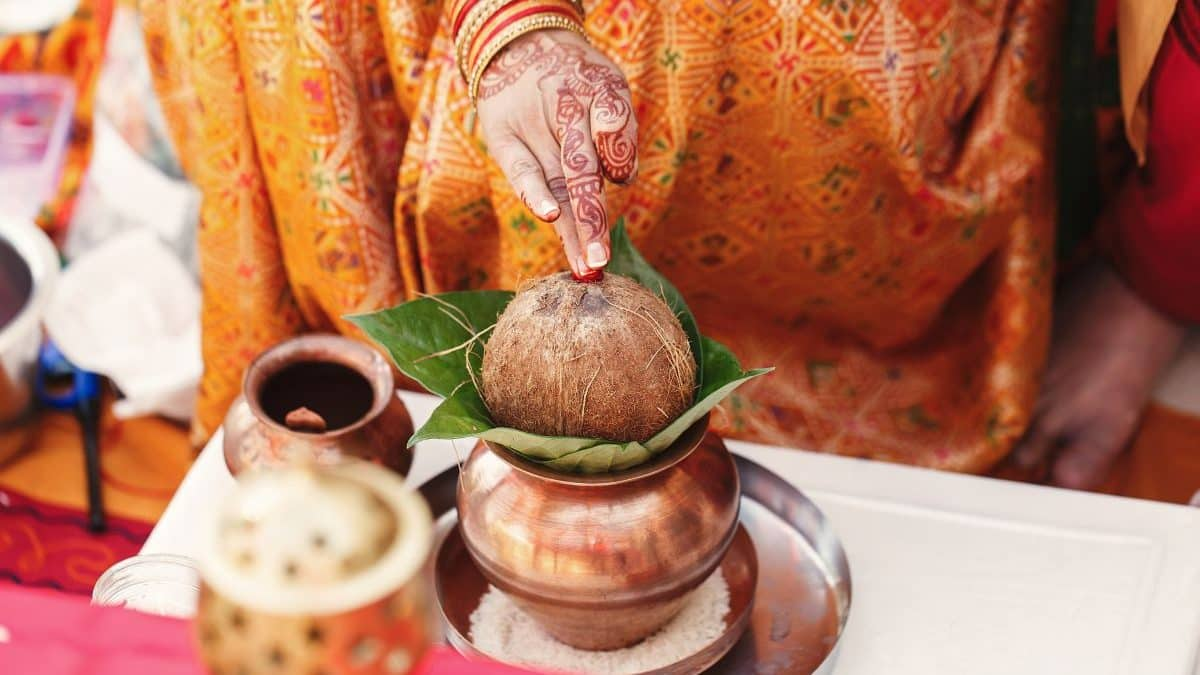Kolkata Through Twilight: A Diplomat’s Reflection on the City of Contrasts
From political intrigue to cultural richness, Ambassador Daniela Sezonov-Țane captures the essence of Kolkata her travel memoir, ‘Twilight Chronicles’

From political intrigue to cultural richness, Ambassador Daniela Sezonov-Țane captures the essence of Kolkata her trip memoir, ‘Twilight Chronicles’ read more
)
In Twilight Chronicles, a book that emerged from her trip diaries, Ambassador Daniela Sezonov-Țane takes readers on a deeply personal and intellectual journey through India, Nepal, Sri Lanka and Cambodia. An exploration of cultures a ways removed from her Romanian roots, the book reflects her deep admiration and complex working out of these lands. On this excerpt, we get a glimpse of Kolkata through the Ambassador’s eyes—a city steeped in history, artistic vibrancy, and the legacy of colonialism. But through her nuanced narrative, Kolkata emerges now not handiest as a city of contrasts but additionally as a mirror to India’s evolving identity.
Extract from Twilight Chronicles by Daniela Sezonov-Tane, Romanian Ambassador to India
I arrived in Kolkata on a pleasant November morning, basking below a gradual sun, as if exhausted after combating with the monsoon clouds. The patron goddess of town is Kālī who left a mark on me from the first moment itself. I changed into staring at for to to locate crowds, chaos (no lower than that's what I had heard from a high-quality deal of sources), cohorts of beggars and poverty. Regardless of the heaviness of the air which appeared more polluted than Delhi, the greatness of town right away conquers the newcomer. Kolkata emanates an old school ambience, a definite characteristic British “stiffness”, retaining nonetheless an air of secrecy of unspoken nobility. It appears, this former capital city of British occupied India, abandoned by them since 1911, has been waiting ever since to regain its formal glory. Next to Nineteenth century buildings, properly renovated, with their facades painted invariably white and brick, the travellers to locate buildings dating from the same period and all of the way through the same architectural style which is likely to be blackened and desolate by the passage of time, eaten up by mould and damp, overtaken by moss and wild vegetation, completely dilapidated and omitted. Their state of decay, a few the most visible sign of the passage of time, is overpowering and painful on the same time, a manifestation of the tip of a regular life.
Following the recommendation of an influential Indian friend, I checked into a majestic colonial-style house which had became a guest house for a high-quality deal of presidency officials on mission, much more relaxed and more authentic than most hotels. And more cost-effective too (taking into account that the budget of a Romanian diplomat on mission is to assert the least modest). Then I anxiously headed towards the National Library. In front of this large building, surrounded by a huge garden, I felt a be apologetic about for now not having the prospect to spend my school years here: I would have loved to be a student devoting all my time immersed in Sanskrit manuscripts and oriental studies. I had to settle for seeking out Dasgupta’s works through the files, all of the way through the hope of finding some biography. I changed into accompanied by Bob, an American friend with whom I shared the long journey and who changed into simply attracted to visiting town. Dr. Kar, a stocky Bengali guy, friend since decades with generations of diplomats on the Romanian Embassy in New Delhi, met us on the train station to guide us through this labyrinth. I pictured him like a gatekeeper, a type of Saint Peter, holding the keys to Heaven and selecting the chosen few. Like every self-respecting Bengali, our guide had numerous endurance, did now not be troubled or stress. For him, conducting things in a laid-back way changed into absolutely normal, so we had no choice but to adjust, wisely and silently, to the “universal rhythm”.
Therefore, I made up my mind to arm myself with endurance, though I knew that on a everyday basis counted and that I couldn’t stay longer than four-5 days having obtained the ambassador’s acclaim for it. Unfortunately, for me time has - or have - a different value. This, though since being in India I kept telling myself that it should perchance be better to keep in mind and, in as a lot as which you are going to visualize, meet up with to the code of conduct of the individuals with whom I would be spending the subsequent three years; around the globe again, the perspective vis-a-vis time is perchance an extremely powerful elements. Almost any meeting arranged with an Indian presupposes which that's vital expect delays (justified or now not); when you accept as true with that now not being punctual is an affront, it be normally almost impossible to carry out any sort of activity here, be it diplomatic, business, or cultural.
What's Your Reaction?




















































